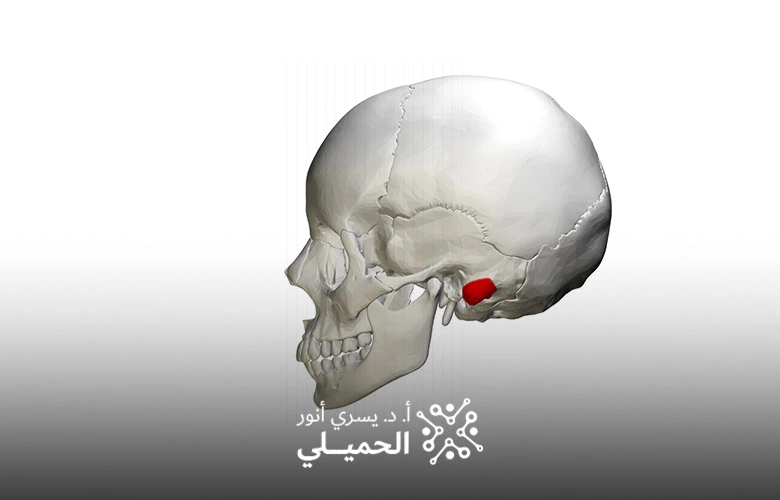
A tumor can affect any part of the body, and the base of the skull is one of those susceptible areas. Skull base tumors are considered rare and complex due to several reasons, including the presence of numerous important nerves and blood vessels in this region. These nerves and vessels can produce many distressing symptoms when affected. Therefore, treating skull base tumors requires precise diagnosis and effective treatment by a specialized medical team.
Skull base tumors can be categorized into benign and malignant tumors, also known as cancers. Benign tumors grow slowly, show symptoms gradually, and do not have the ability to invade surrounding tissues or spread to other parts of the body. On the other hand, malignant tumors grow rapidly and can invade surrounding tissues and different body parts.
Several benign tumors can affect the base of the skull, including:
There are various malignant tumors that can affect the base of the skull, such as:
The presence of skull base tumors leads to many distressing symptoms, which include:
There are various methods to diagnose skull base tumors. After taking a detailed medical and family history from the patient and conducting a physical examination, the doctor may request some tests to confirm the diagnosis. These tests include:
The surgical procedures for the removal of skull base tumors have significantly advanced, allowing surgeons to remove the tumors effectively and safely. This has increased patient confidence in these operations. However, it should be noted that to achieve the best possible results from the surgery, collaboration among doctors from various specialties is essential to ensure complete tumor removal.
You can now book an appointment with Dr. Yousry El Hamili, Professor of Neurosurgery and Spinal Surgery, who has extensive experience in treating these tumors. You can contact us through the text messaging service available on our website, and our medical team will respond to you as soon as possible.